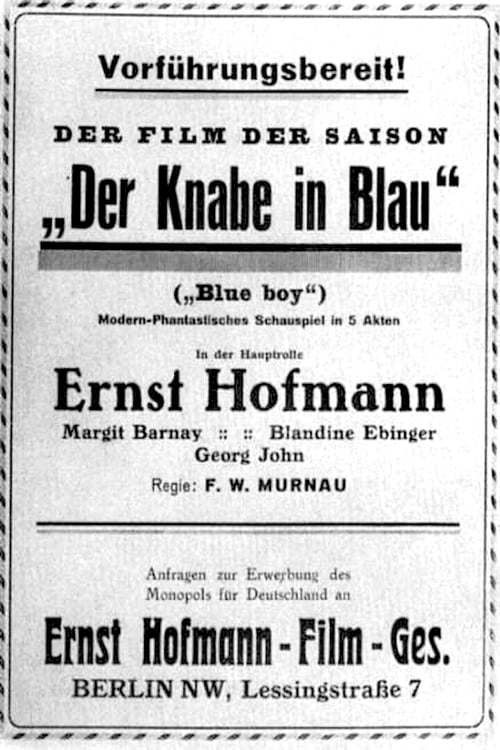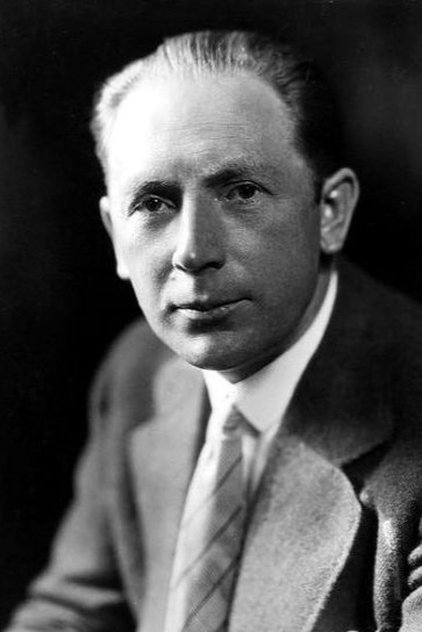
F. W. Murnau
Friedrich Wilhelm “F. W.” Murnau (December 28, 1888 – March 11, 1931) was one of the most influential German film directors of the silent era, and a prominent figure in the expressionist movement in German cinema during the 1920s. Although some of Murnau’s films have been lost, most still survive. While the horror film Nosferatu (1922) is his most famous work, the romantic melodrama Sunrise: A Song of Two Humans (1927) is his critically most acclaimed; the British Film Institute's 2012 Sight & Sound critics' poll named it the fifth-best film in the history of motion pictures. Murnau's characteristics are an atmospheric imagery and an innovative use of camera movement. Andrew Sarris in his influential book of film criticism The American Cinema: Directors and Directions 1929–1968 included him in the "pantheon" of the 14 greatest film directors who had worked in the United States.
- Known ForDirecting
- Born28 December 1888 (age 137)
- Place of BirthBielefeld, North-Rhine-Westphalia, Germany
F. W. Murnau

- Known ForDirecting
- Born28 December 1888 (age 137)
- Place of BirthBielefeld, North-Rhine-Westphalia, Germany
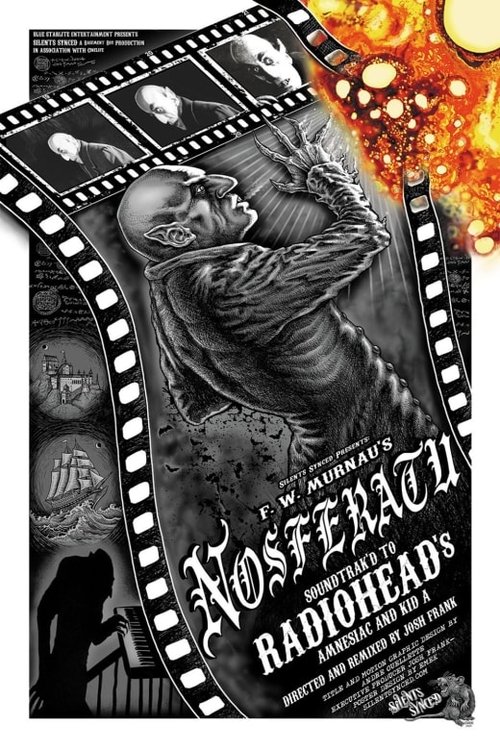
Radiohead X Nosferatu: A Symphony of Horror
2025
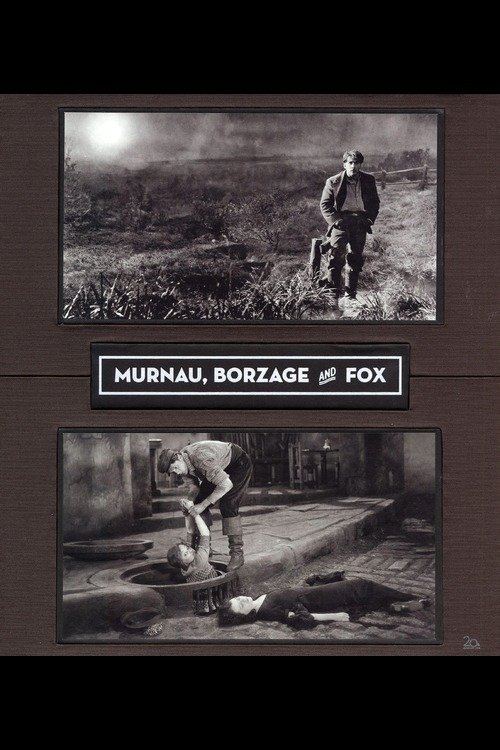
Murnau, Borzage and Fox
2008
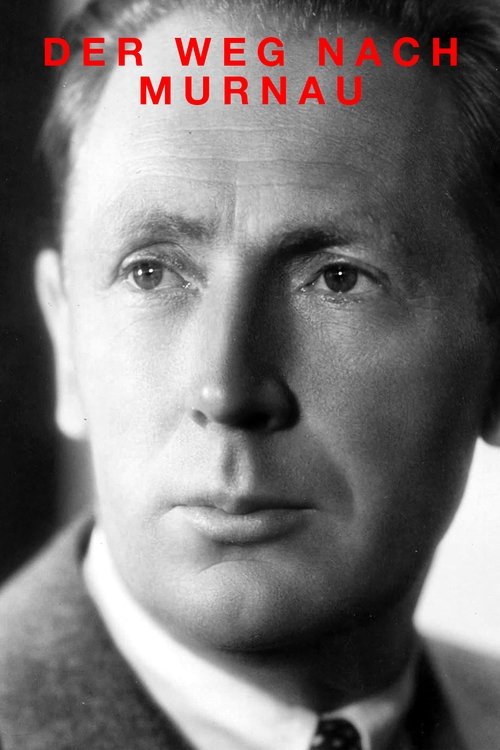
The Way to Murnau
2003
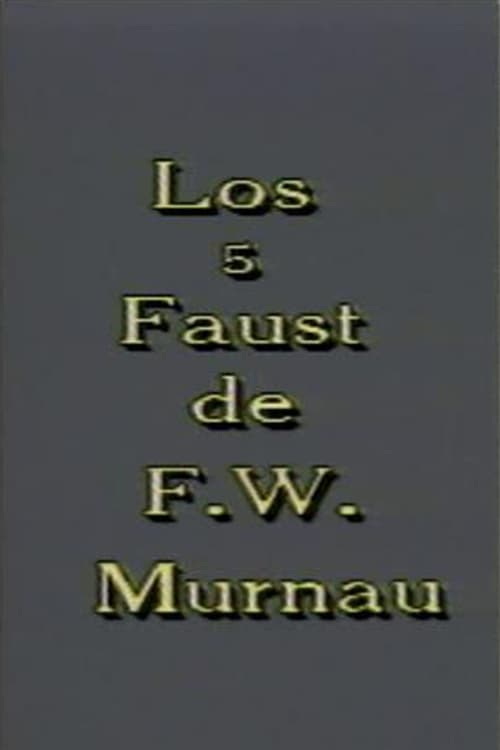
Los 5 Faust de F. W. Murnau
2002
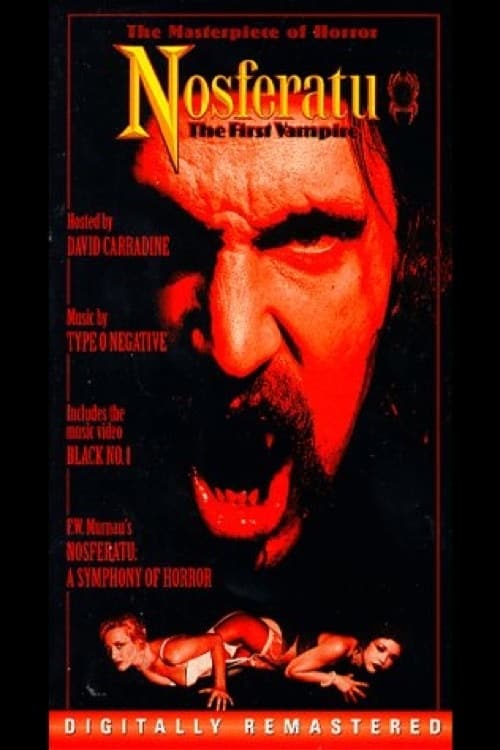
Nosferatu: The First Vampire
1998

Hunting in the South Seas
1940

Tabu: A Story of the South Seas
1931

City Girl
1930

4 Devils
1928

The Movie City of Hollywood
1928

Sunrise: A Song of Two Humans
1927
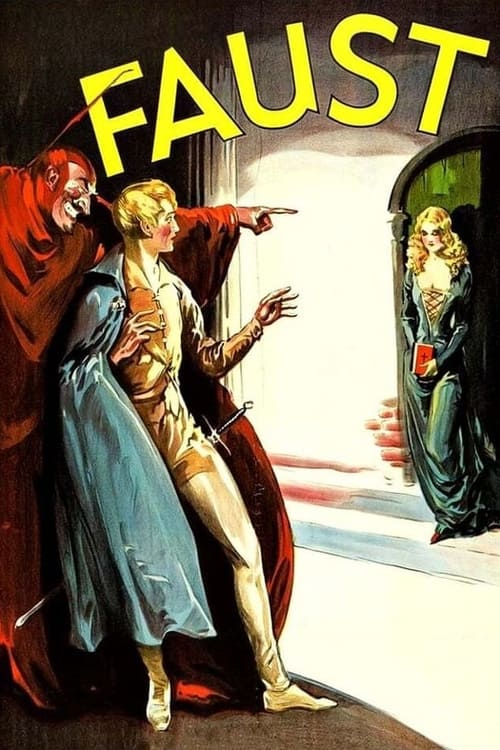
Faust
1926
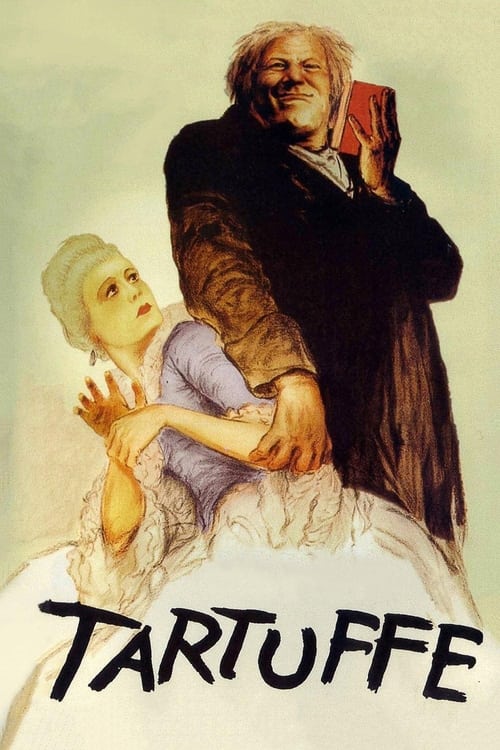
Tartuffe
1926
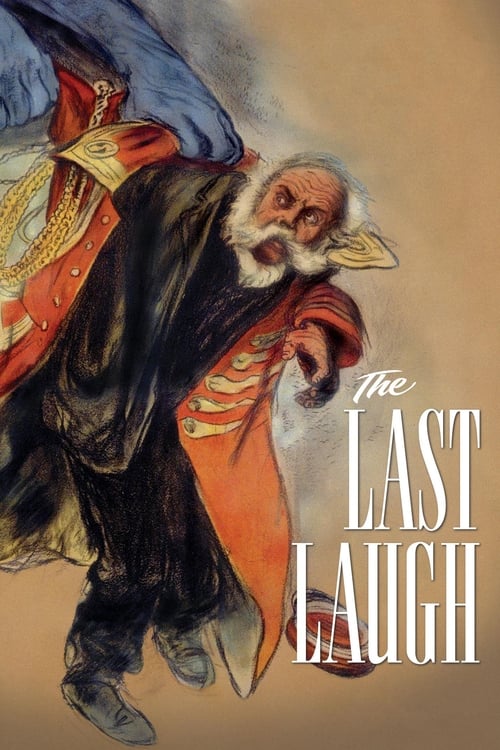
The Last Laugh
1924

The Finances of the Grand Duke
1924

The Film in the Film
1924

The Expulsion
1923
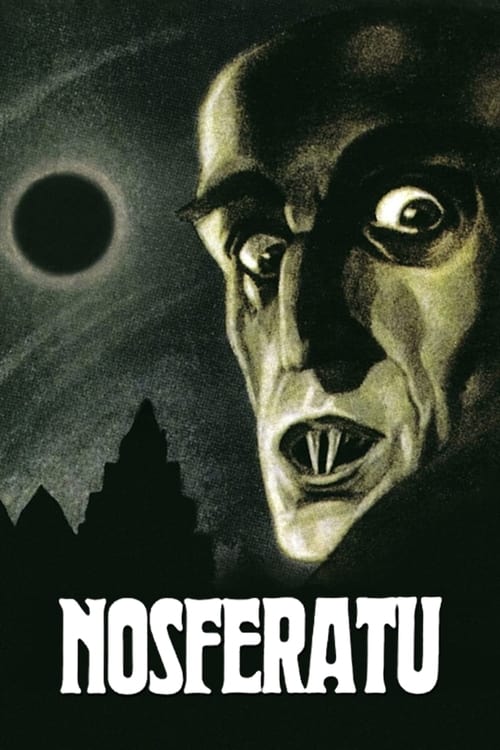
Nosferatu
1922
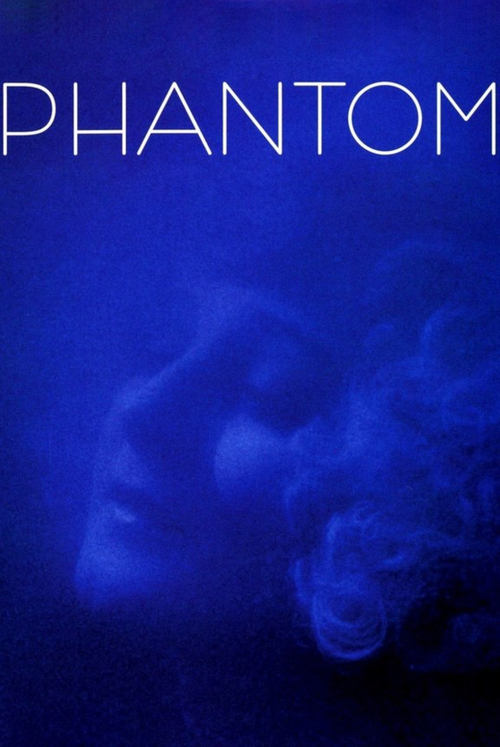
Phantom
1922
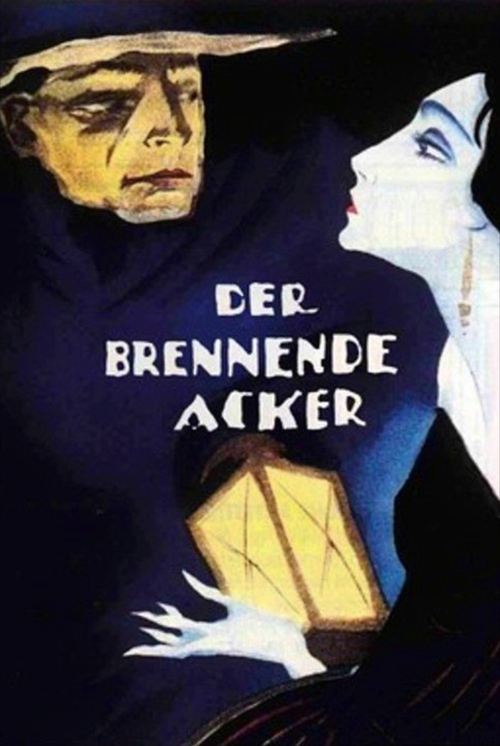
The Burning Soil
1922

Marizza
1922
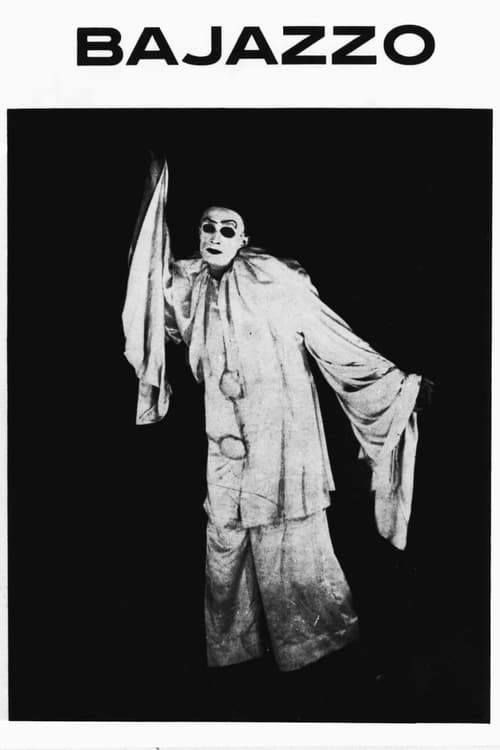
Desire: The Tragedy of a Dancer
1921
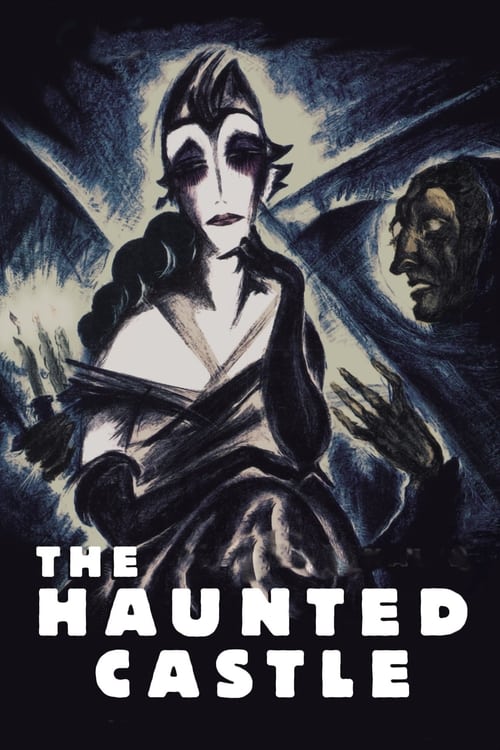
The Haunted Castle
1921
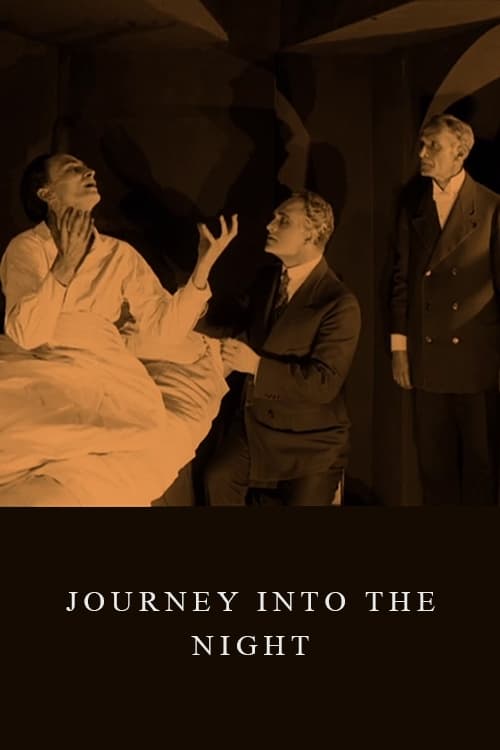
Journey into the Night
1921
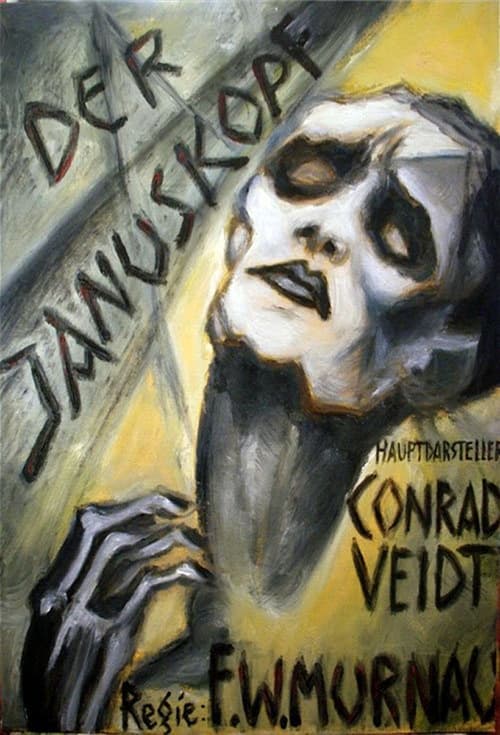
The Head of Janus
1920
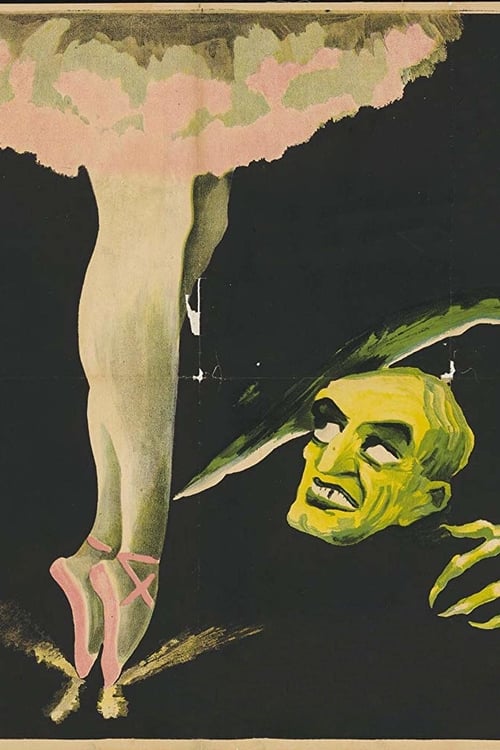
The Hunchback and the Dancer
1920
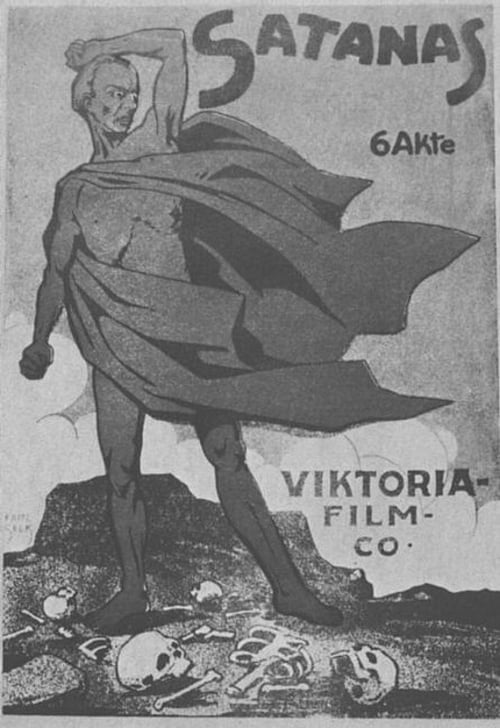
Satan
1920

Evening – Night – Morning
1920
